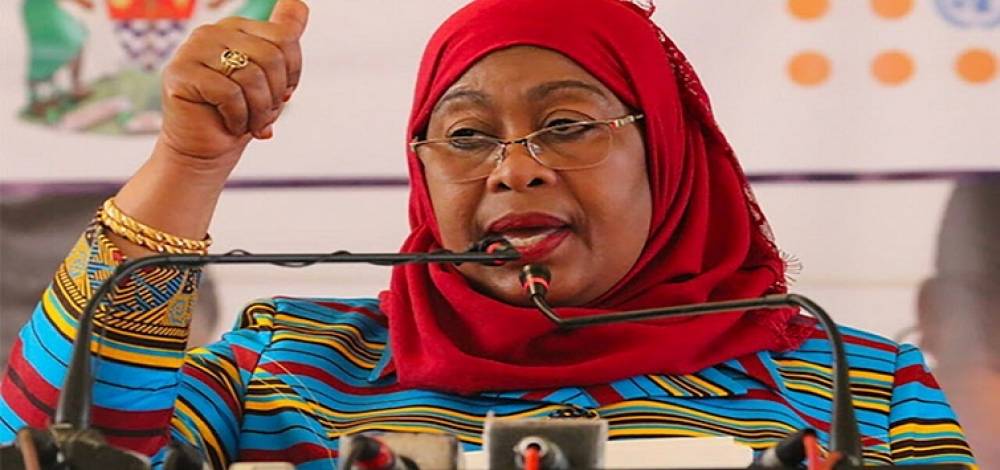
Possible Reasons Why Tanzania Is Pushing For The Adoption Of Bitcoin And Other Cryptos
Possible reasons why Tanzania is pushing for the adoption of Bitcoin and other cryptos
Tanzanian President Samia Suluhu Hassan has directed the country's Central Bank to examine the feasibility of widespread cryptocurrency use in the East African country.
Hassan stated that the Central Bank should be receptive to the idea of embracing digital currency as the world continues to evolve in terms of payment and financial transaction innovation.
Tanzanian President Samia Hassan stated, "Through the internet, we have witnessed the emergence of a new journey." The Central Bank should be prepared for change and avoid being caught off guard.”
This is the first time an African country's president has publicly acknowledged the acceptance of cryptocurrency.
Samia's stance, which comes just days after El Salvador became the first country to adopt Bitcoin as legal tender, may portend the country's eventual mainstream adoption of Bitcoin and other cryptocurrencies.
We look at possible reasons why the Tanzanian government is considering adopting Bitcoin and other cryptocurrencies.
Boosting remittances
Tanzania may be attempting to boost remittances to the country from the diaspora via cryptocurrency.
Tanzania's remittances totaled $430 million in Q1 2020, accounting for just 0.8 percent of its GDP ($53.75 billion). Indeed, Tanzania is one of Africa's least remitted countries.
According to World Bank data, the cost of diaspora remittances into the country is also among the highest in Africa. The average cost of sending money to Tanzania has been estimated to be 19.73 percent in 2020, significantly higher than Kenya's 9.54 percent and Ghana's 8.16 percent.
As a result, it demonstrates that nationals face exorbitant fees when sending money home. However, cryptos may help reduce costs through significantly lower commissions and may help incentivize increased remittance inflows.
Additionally, cryptos involve investments in US dollars, which may increase foreign exchange circulation.
Job creation
Perhaps Tanzania's government is considering the official adoption of cryptos in order to increase job creation and alleviate poverty.
Tanzania does not prohibit or criminalize cryptocurrency trading, but the central bank declared in 2019 that cryptos were not authorized as legal tender in the country.
Tanzania's unemployment rate increased to 2.16 percent in 2020, the first increase in eight years, according to World Bank and International Labour Organization data (since 2011). Another study estimates the youth unemployment rate in Tanzania's largest city, Dar es Salaam, to be 57.3 percent.
As a result, several individuals in the country may be utilizing cryptos to earn a living through part-time or full-time trading. To put this in context, Tanzania's P2P Bitcoin trading value increased by approximately 42% in the last year, from $2.9 million to $5.08 million.
In conclusion
While many people in Tanzania have not yet embraced decentralized finance, cryptocurrency activity has grown steadily in recent years. Thus far in 2021, the country has traded over $2.5 million worth of Bitcoin P2P.
Although Tanzania is unlikely to follow El Salvador's lead and accept Bitcoin as legal tender, the country's central bank may consider Bitcoin as a reserve currency.
Courses and Certification
Bitcoin Course and Certificate
Ethereum Course and Certificate
Fintech - Financial Technology Course and Certificate
Blockchain Technology Course and Certificate

